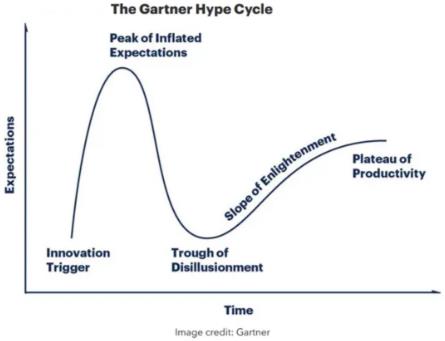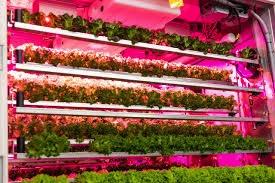 A July SQFI Smart Brief reproduced an article placing the global market for vertical farming at $3.2 billion in 2022 with a projected compound annual growth rate of 15.6 percent. This would represent a total market of $10.3 billion by 2030.
A July SQFI Smart Brief reproduced an article placing the global market for vertical farming at $3.2 billion in 2022 with a projected compound annual growth rate of 15.6 percent. This would represent a total market of $10.3 billion by 2030.
The reality of vertical farming is that the cost of production is substantially higher than conventional production. Extremely high capital costs are incurred from buildings, installations and the corresponding fixed components including depreciation, interest salaries and overheads. Significant variable costs include electrical power, utilities, maintenance, technical inputs, packaging and labor.
The apparent advantages of year-round production, freedom from foodborne pathogens, and local production are more than offset by higher cost. EGG-NEWS has commented on the demise of a number of vertical production companies. These start-up enterprises essentially operated on venture capital provided on the basis of unrealistic spreadsheet projections. Ultimately both money and patience were exhausted.
Although the range of products from vertical farms is limited there are niches for vertical farming. Ultimately systems will be developed and applied that are appropriate to specific operating environments satisfying demand at competitive prices.

In contrast to the high capital investment required for vertical farming, improved greenhouse production offers all the advantages of vertical farming but with lower and more competitive costs to conventional production. Extensive cultivation of leafy greens in the Yuma Valley of Arizona and in California is associated with the unresolved problem of contamination with foodborne bacteria including Salmonella, Listeria and STEC. More recently, the emergence of the protozoan pathogen Cryptosporidia has created concerns. Water used for irrigation over extensive acreages in the intensive produce-growing areas is frequently contaminated with ruminant fecal material due to runoff from CAFOs. Currently there is no absolute kill step applied to produce that would eliminate bacterial contamination.
Journalists who reproduce promotional articles without an understanding of production costs, markets, technical challenges and ultimately profitability, render a disservice to their readers.